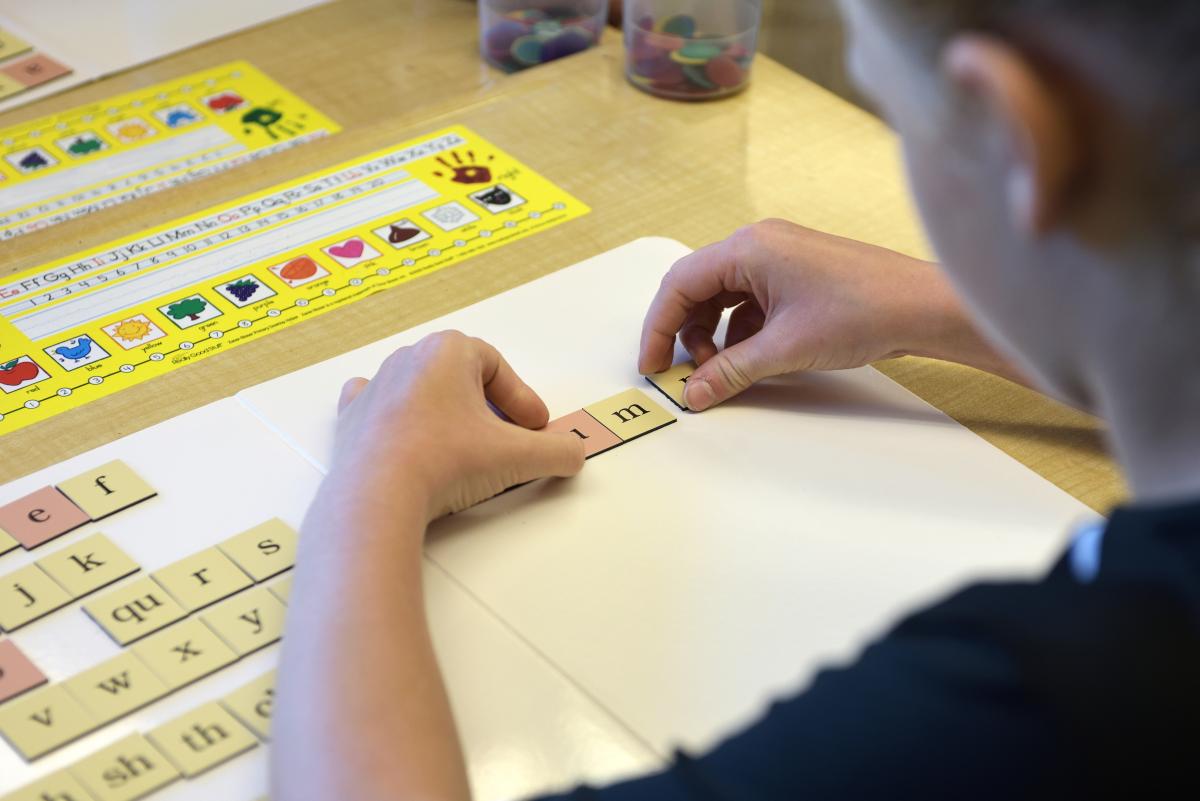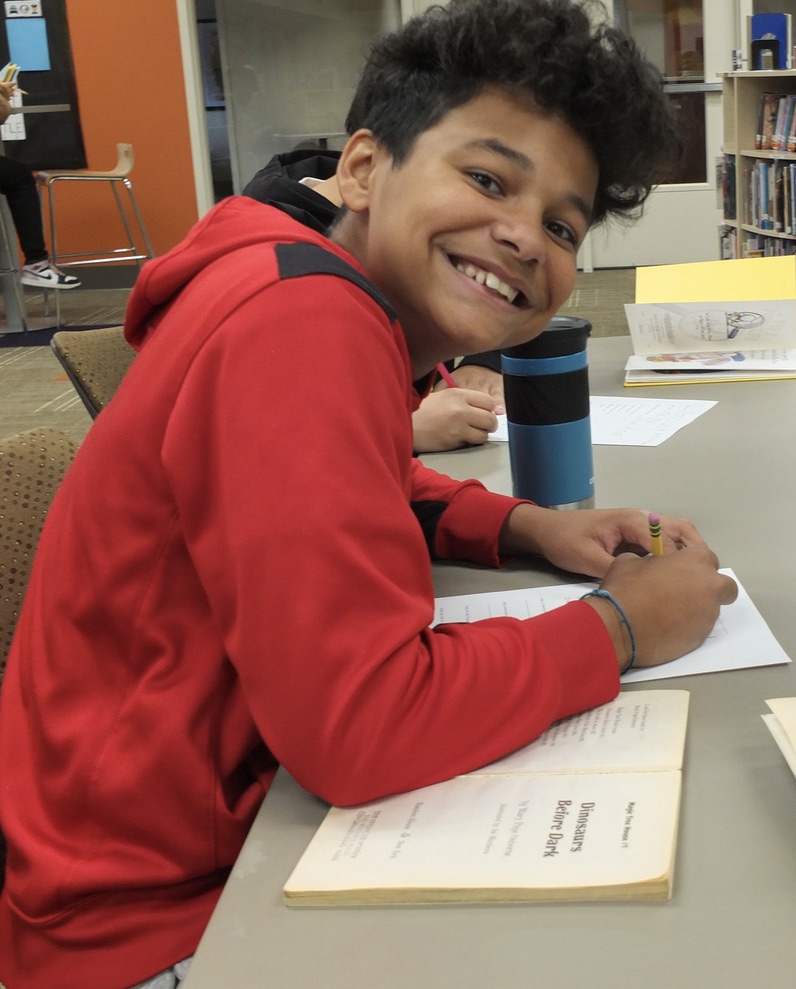
Early Warning Signs of Dyslexia
October 28, 2022
The Definition of Superwoman
November 11, 2022
Successful treatment for a child with ADHD involves three key components of which the teacher plays a significant role.
Parent education is the first important piece. Learn about the diagnosis, executive function challenges, social and behavioral issues. If you attend parent education programs on ADHD and read reputable books on the subject you are educating yourself.
Medical consultation is another part of a successful plan. That means working with the Pediatrician to determine whether or when medication might be needed to improve the student’s functioning.
The teacher/school has a third important role in the treatment of ADHD. The first action that might come to mind is accommodations at school. But there is another very important role that the teacher will have in the treatment of ADHD.
Parents and teachers, keep the line of communication open. Why?
For the student with a diagnosis of ADHD, the teacher’s observations of the child’s work habits, persistence, frustration tolerance and social behavior in class are vital to determining whether the current treatments are effective.
Parents, let the teacher know that their objective observations of classroom and playground behavior are of great importance. You want to hear the good and the “not so flattering” reports. Work samples to illustrate the teacher’s observation are helpful to you. Examples of social difficulties or impulsive behavior and examples of “thinking before doing” will help you see a pattern.
Those observations should be shared with the Pediatrician and used to evaluate if something needs to change in the medical treatment or in the use of motivators and schedules. These observations will also inform you as to whether a tutor, social skills group or homework club would be useful to your student. The teacher will know if these are available at school.
Keep the teacher informed of changes in medical treatment. Of course, let the teacher know if a beloved pet has died, a family member is ill or if the student is having trouble sleeping or eating. Any of these events would cause a change in behavior at school.




